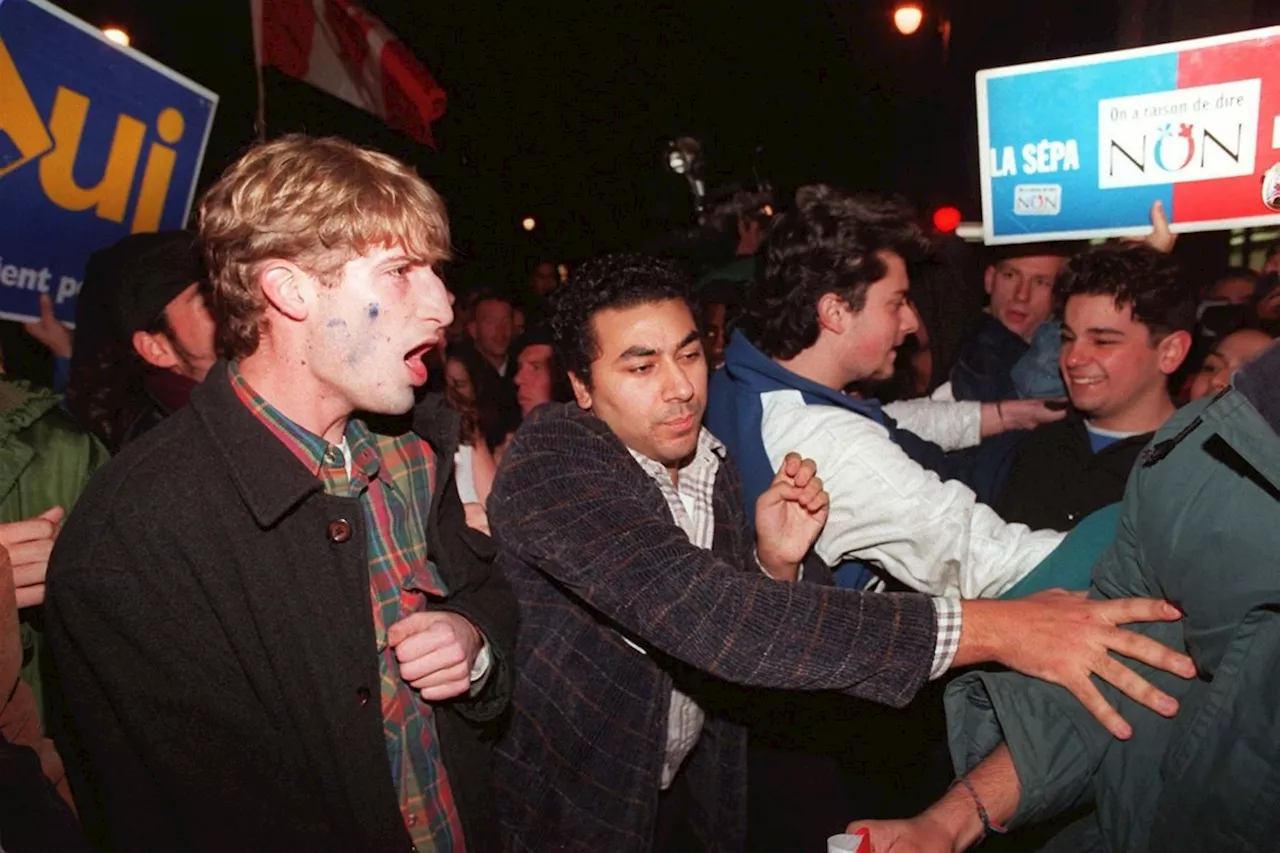After years of decline, the Parti Québécois is experiencing a resurgence in popularity, suggesting a renewed interest in Quebec's independence. Could this lead to a third referendum?
MONTREAL — Ten years ago, Jean-François Lisée predicted that Quebec ’s independence movement would be reborn. “It could rise again given the right circumstances,” he said in 2015. “What could trigger it, I cannot say.' Three years later, as leader of the sovereigntist Parti Québécois , Lisée lost his riding and saw his party reduced to 10 seats when the upstart Coalition Avenir Québec, led by François Legault, swept to power for the first time.
The 2018 election was widely seen as proof that separatism was no longer a defining issue in Quebec politics, and pollsters speculated that the PQ’s days were numbered. The province’s new leader was a former sovereigntist at the helm of a conservative-leaning, nationalist party promising not to hold a referendum, and Quebecers rewarded him with a decisive majority. “There are many Quebecers who put aside a debate that has divided us for 50 years,” Legault said after his victory. Now, on the eve of the 30th anniversary of Quebec’s second independence referendum — the first one was in 1980 — it seems the tide could be turning again. Legault is deeply unpopular after six years in power, and the Parti Québécois, with a young, charismatic leader, has been ahead in the polls for more than a year. It remains to be seen, however, whether the party, which is promising to hold a third referendum by 2030, can breathe new life into the province’s aging independence movement. If an election were held today, polls suggest the Parti Québécois would easily win a majority. Leader Paul St-Pierre Plamondon, an Oxford-educated 47-year-old, has injected youthful energy into a party on the verge of extinction. Émile Simard, leader of the PQ’s youth wing, believes the party’s popularity will renew the appetite for independence in Quebec. He grew up in a sovereigntist family in the Saguenay—Lac-Saint-Jean region, and took out his membership card when he turned 1
Quebec Independence Movement Parti Québécois Referendum Sovereignty
Canada Latest News, Canada Headlines
Similar News:You can also read news stories similar to this one that we have collected from other news sources.
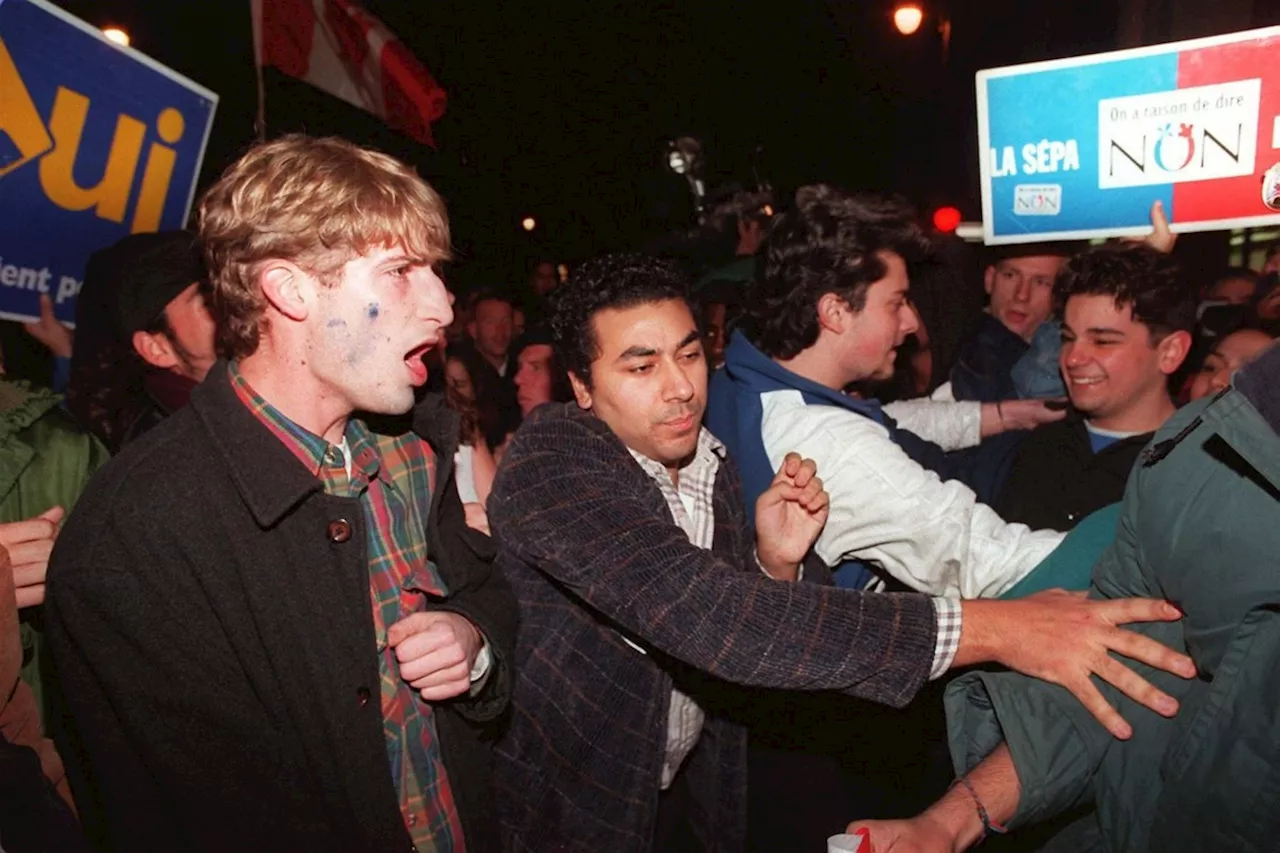 Quebec's Independence Movement Rekindled as Parti Québécois Soars in PollsThe Parti Québécois, a sovereigntist party, is experiencing a resurgence in popularity, fueled by a charismatic young leader and dissatisfaction with the incumbent government. This resurgence has reignited discussions about Quebec's independence, with polls suggesting a potential majority for the PQ in the next election.
Quebec's Independence Movement Rekindled as Parti Québécois Soars in PollsThe Parti Québécois, a sovereigntist party, is experiencing a resurgence in popularity, fueled by a charismatic young leader and dissatisfaction with the incumbent government. This resurgence has reignited discussions about Quebec's independence, with polls suggesting a potential majority for the PQ in the next election.
Read more »
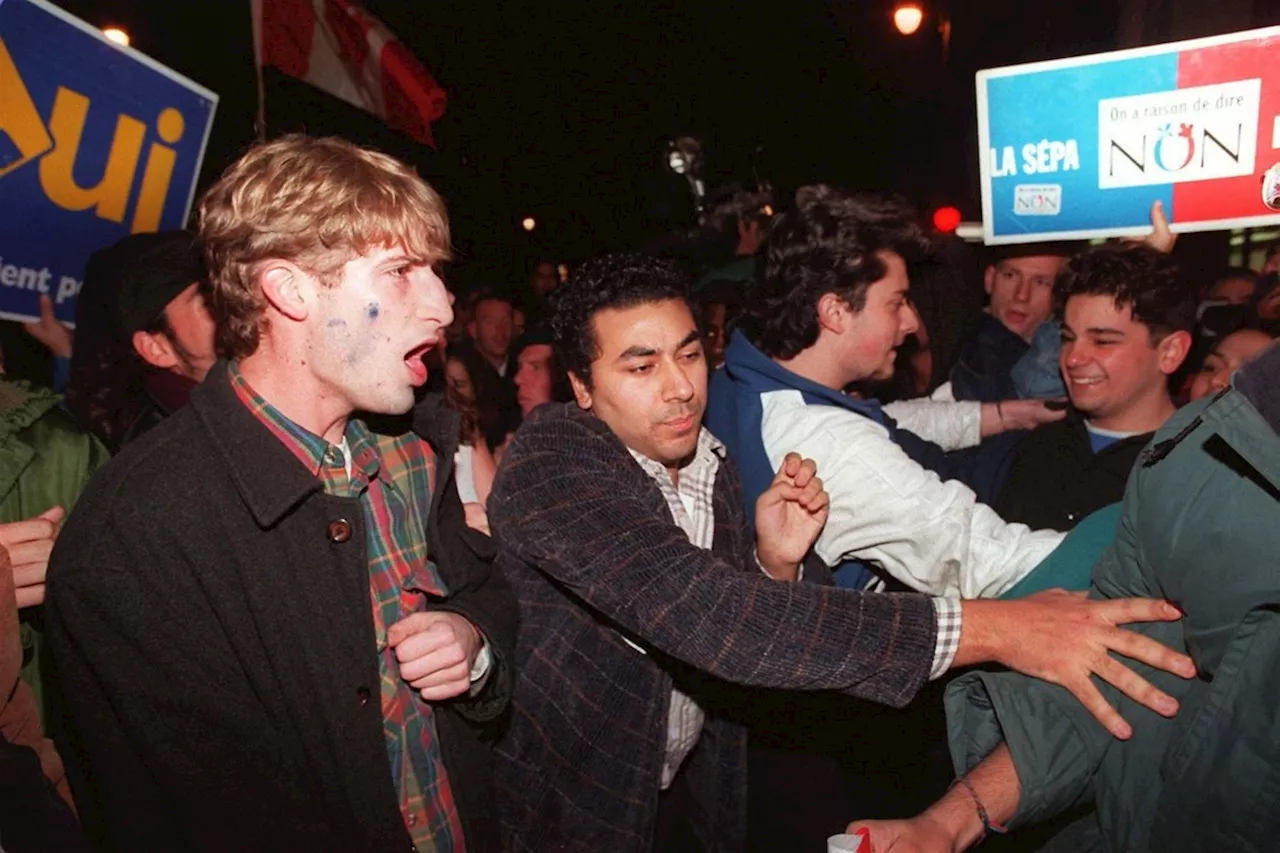 Quebec Independence Movement Shows Signs of ResurgenceAfter years of decline, Quebec's independence movement appears to be gaining momentum again, with the Parti Québécois surging in the polls and the province's current leader facing low approval ratings.
Quebec Independence Movement Shows Signs of ResurgenceAfter years of decline, Quebec's independence movement appears to be gaining momentum again, with the Parti Québécois surging in the polls and the province's current leader facing low approval ratings.
Read more »
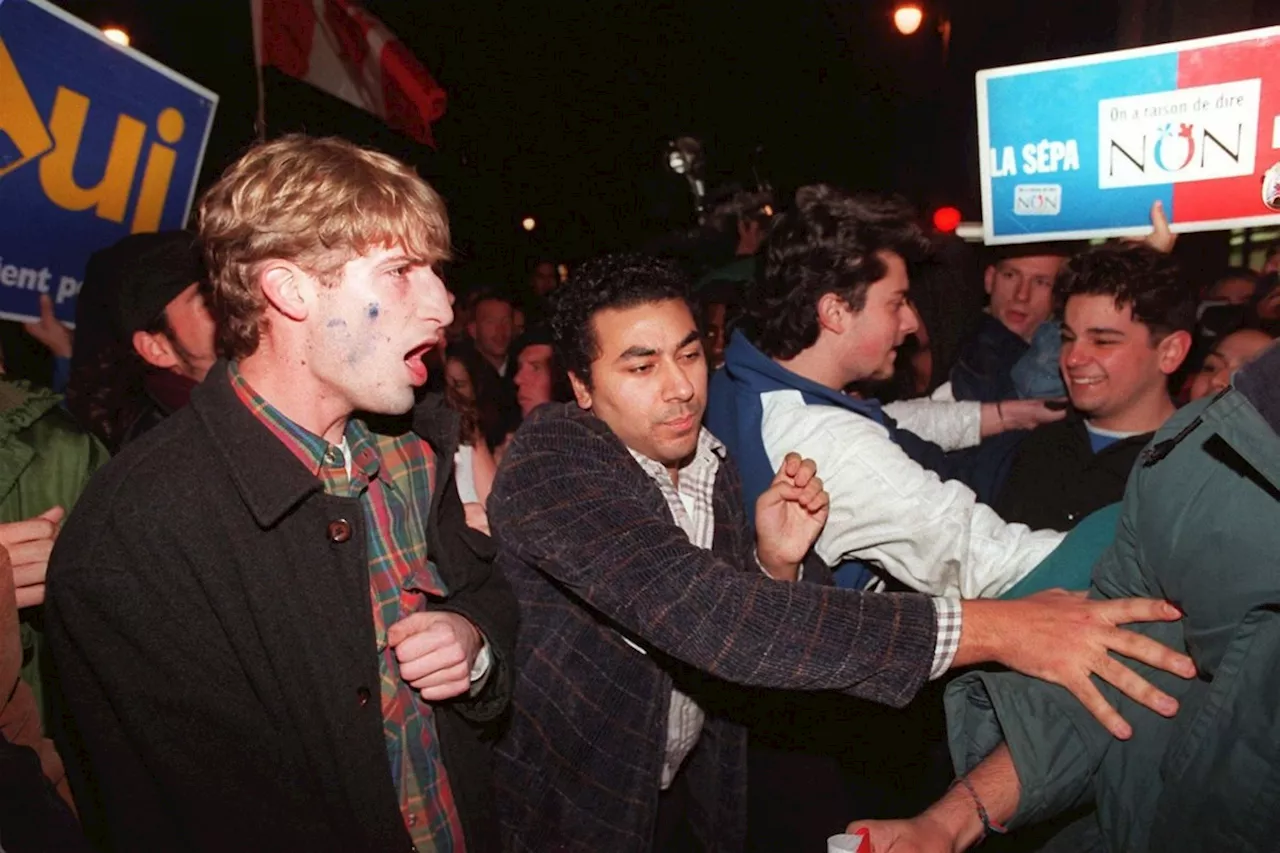 Quebec's Independence Movement Shows Signs of RevivalAfter years of decline, Quebec's independence movement appears to be gaining momentum. With an unpopular incumbent and a surging Parti Québécois, the prospect of a third referendum on sovereignty is back on the table.
Quebec's Independence Movement Shows Signs of RevivalAfter years of decline, Quebec's independence movement appears to be gaining momentum. With an unpopular incumbent and a surging Parti Québécois, the prospect of a third referendum on sovereignty is back on the table.
Read more »
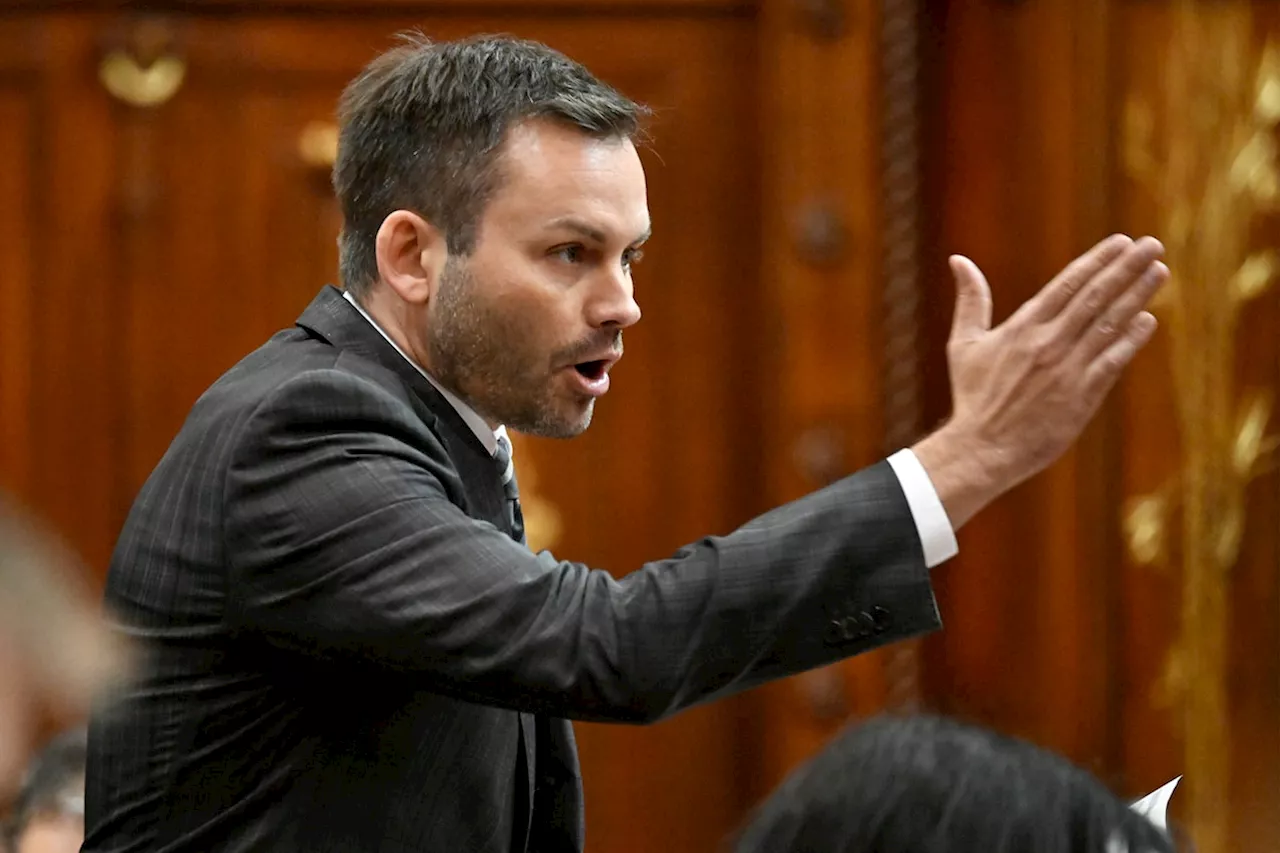 Quebec Independence: Parti Québécois Gains Ground, Sparking Fears of Another ReferendumThe Parti Québécois, a sovereigntist party, has surged in popularity in Quebec, leading to concerns about a potential new referendum on Quebec's independence from Canada.
Quebec Independence: Parti Québécois Gains Ground, Sparking Fears of Another ReferendumThe Parti Québécois, a sovereigntist party, has surged in popularity in Quebec, leading to concerns about a potential new referendum on Quebec's independence from Canada.
Read more »
 ARB Price Analysis: Cup and Handle Pattern Points to Potential Upward MovementARB, a cryptocurrency, is currently showing signs of a potential bullish reversal. After a recent decline, the coin is exhibiting a cup and handle pattern, a bullish signal often associated with price surges. While short-term dips are expected, the coin's entry into a high-impact support zone suggests a possible recovery and continuation of its upward trend.
ARB Price Analysis: Cup and Handle Pattern Points to Potential Upward MovementARB, a cryptocurrency, is currently showing signs of a potential bullish reversal. After a recent decline, the coin is exhibiting a cup and handle pattern, a bullish signal often associated with price surges. While short-term dips are expected, the coin's entry into a high-impact support zone suggests a possible recovery and continuation of its upward trend.
Read more »
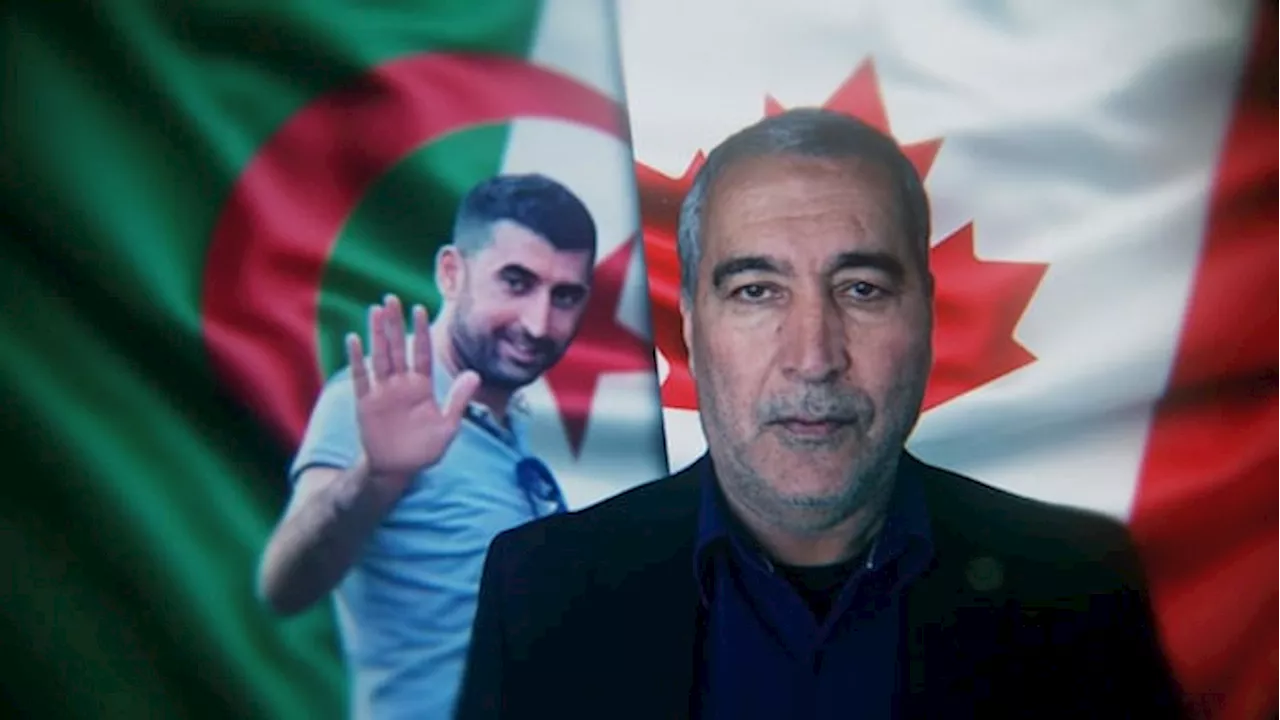 Algerian Court Sentences Son of Kabylia Independence Activist to Five YearsAmmar Lakehal, a Canadian citizen and long-time advocate for an independent Kabylia, believes his son, Massinissa Lakehal, was imprisoned due to their shared political views. Massinissa was sentenced to five years in Algeria on charges including undermining national unity, inciting hatred, and promoting terrorism. Although he is not a member of the Movement for the Self-Determination of Kabylia (MAK), which Algeria has designated as a terrorist organization, Ammar asserts that his son's public denunciations of political detainees' imprisonment led to his conviction.
Algerian Court Sentences Son of Kabylia Independence Activist to Five YearsAmmar Lakehal, a Canadian citizen and long-time advocate for an independent Kabylia, believes his son, Massinissa Lakehal, was imprisoned due to their shared political views. Massinissa was sentenced to five years in Algeria on charges including undermining national unity, inciting hatred, and promoting terrorism. Although he is not a member of the Movement for the Self-Determination of Kabylia (MAK), which Algeria has designated as a terrorist organization, Ammar asserts that his son's public denunciations of political detainees' imprisonment led to his conviction.
Read more »
